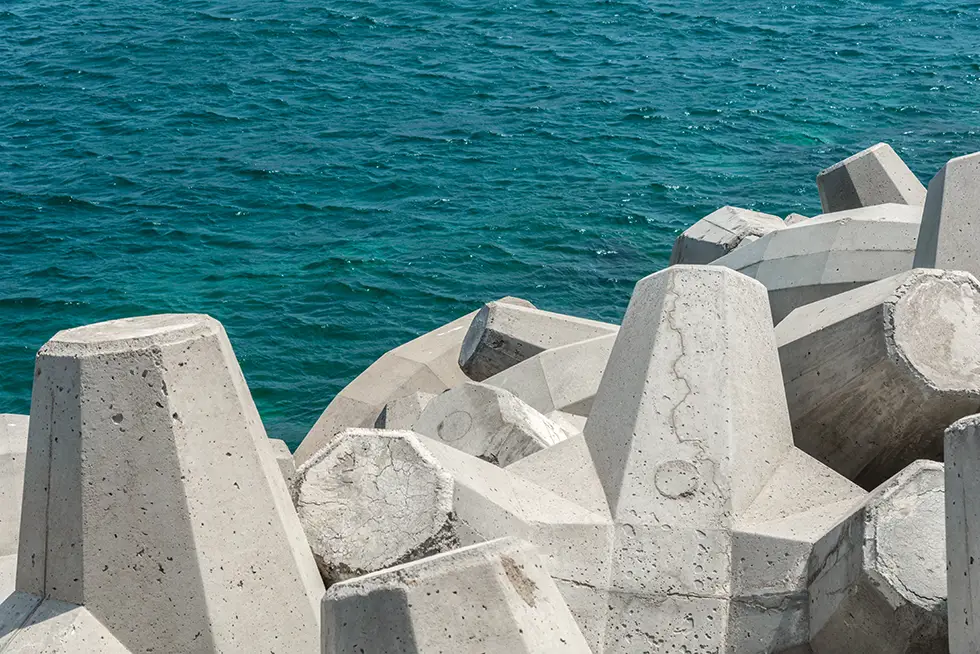In Spain, the effects of climate change are noticeable in the higher temperatures being experienced leading to: a reduction of water resources, an increase of surface areas with a semi-arid climate, and rises in both temperature and levels of the Mediterranean Sea. Consequently, the insurance industry has incurred significant pay-outs in the energy, agricultural, health, tourism and construction sectors.
In order to try to reduce greenhouse gas emissions, the EU has been promoting the use of energy from renewable sources with several directives issued in 2001, 2009 and 2018, each one more ambitious in the use of renewable energy.
The 2018 directive sets a binding target of at least 32% for the overall share of energy from renewable sources in the Union’s gross final consumption of energy by 2030. The target is a common goal to be reached by the EU, not by each individual Member State. However, the directive establishes a certain percentage of renewable energy share that each Member State has to comply with by 2030. There is no doubt that this 10-year goal will have a significant influence on investments in Europe and will present opportunities in the energy and construction sector.
Each Member State is required to transpose this directive into internal legislation and in Spain, the Climate Change and Energy
Transition Bill (the Bill) is currently being processed by Parliament and approval is expected soon. In addition to including all commitments within the 2018 directive, the Bill takes into account all other commitments set by the EU and other international organisations. This includes the promotion of energy transition and production model changes for all sectors including the electricity, gas and the transport industries.
The Bill will also impose a duty on large companies such as banks, insurers and fund managers whose assets exceed €500 million to report at least once a year on their exposure to climate risks and all measures to be adopted. At present, the Bill has not set out the particulars of measures to be taken against extreme events in Spain with a view to reducing the number of casualties, material damage to property, construction and infrastructure, damage to the environment and cultural heritage. This will be defined by future regulation.
In line with the targets agreed by all EU members, old energy inefficient buildings will have to be replaced by new buildings by 2050. For Spain, this means that the construction regulations will become stricter, and investment will be required for housing upgrades and the deployment of infrastructure required for the use of renewable energy and/or electric vehicles.
As business interruption exposure can result from direct damage, an appropriate risk assessment is required when underwriting such business.
These developments will require the construction of more wind farms, plants to transform the energy into electricity and infrastructure to connect the countries and regions to the grid – all of which will need appropriate insurance solutions. From our experience, the most frequent losses related to these plants involve defective design or construction, defective products, machinery breakdowns, or defective operation and maintenance. As business interruption exposure can result from direct damage, an appropriate risk assessment is required when underwriting such business.
The approval of the Climate Change and Energy Transition Bill is expected to provide Spain with the progressive application of all specific measures envisaged, especially for the energy sector, to meet the objectives of attaining targets of 40% in 2030 and 100% in 2050 of the final energy consumed in Spain, using renewable energy sources.
Not every Member State is able to produce the requisite amount of renewable energy, and some will have to import it. The 2018 directive foresees three methods to coordinate the importation or exportation of renewable energy:
- By way of a platform able to match the demand for and supply of the amount of energy from renewable sources (the specific mechanism is yet to be decided upon in Spain)
- Joint projects between Member States
- Joint projects between Member States and third countries.
Given the need for interconnection between the EU countries, international contracts and good multinational insurance solutions will be required.
As the degree of interconnection of the Iberian electricity system with the rest of the European continent is below the established objectives, Spain will need to continue developing new connections with Portugal and France. In light of this and given the need for interconnection between the EU countries, (because not all countries are able to self-supply), international contracts will be needed and good multinational insurance solutions will also be required.
Read others items in Construction and Engineering Brief - March 2020
Related items:
- A French perspective on the impact of climate change on the construction sector and construction law
- The impact of transitioning to renewable energy-from-waste projects – problems for UK designers
- EU Directive on renewable energy: new opportunities in the construction sector across Europe
- Insurance in the construction sector: a Spanish perspective
Climate change

 Construction and engineering
Construction and engineering
 Spain
Spain